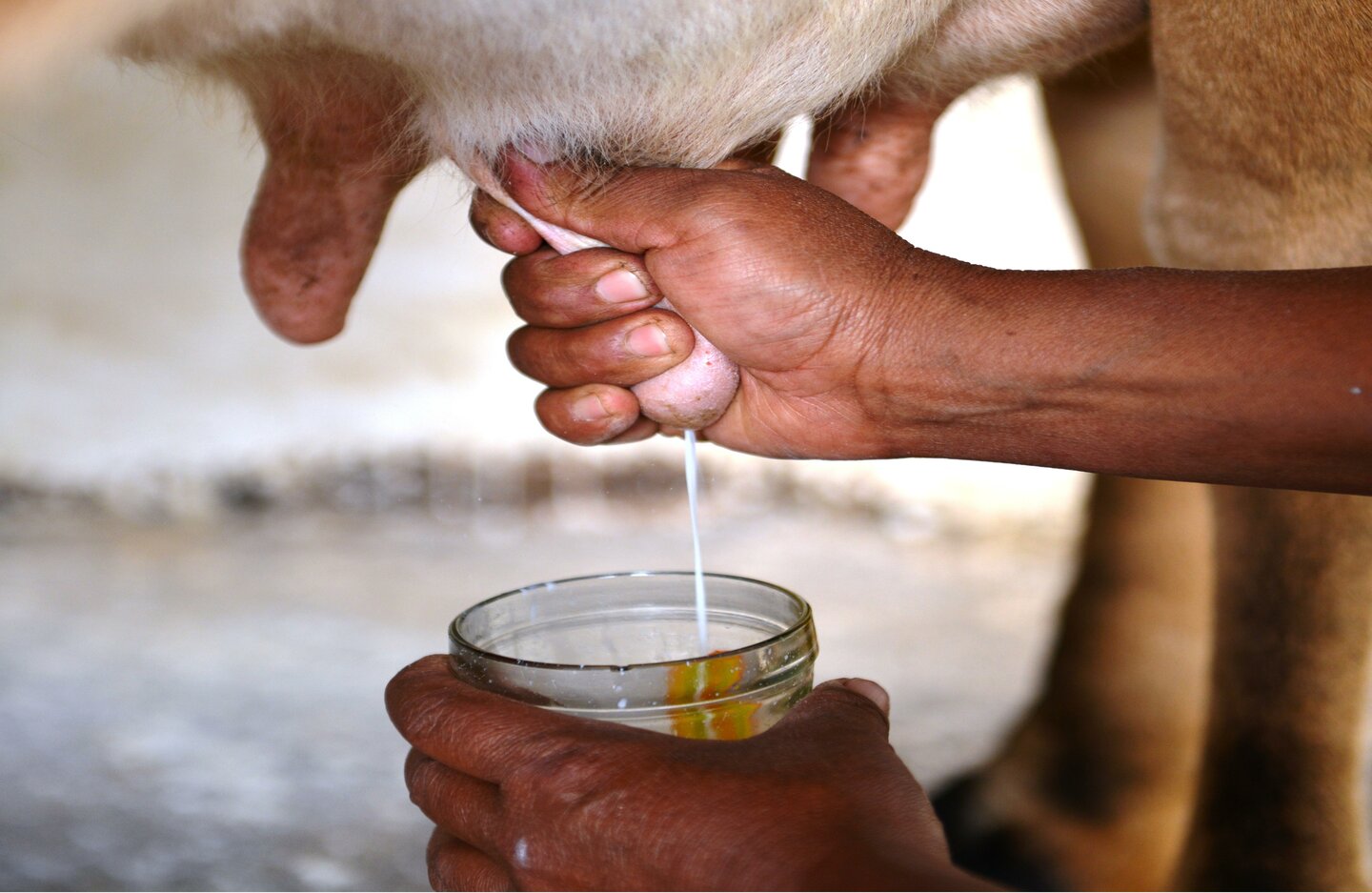Promotion and creation of economic opportunities in the region for the most vulnerable population, in particular women and young people with a propensity to migrate, and returned migrants; through the strengthening and promotion of small and medium-sized enterprises, to make them innovative and competitive and thus contribute to preventing the target population from leaving the region in search of better economic opportunities.
-
Project NameCreating Economic Opportunities and Sustainable Entrepreneurship in Guatemala
-
Project Phase2025 to 2027
-
FundingGeneva Federation for Cooperation and Development (FGC)
-
Thematic focusWater, Food and Climate
Food & Nutrition
Skills, Jobs and Income
Private Sector Development
Partnership & Capacity Development
Gender & Social Equity
Central American countries, particularly those in the Northern Triangle, where Honduras, El Salvador and Guatemala are located, have the highest emigration rates, mostly of young people aged 15-35, and the most negative net migration rates (IICA, 2021). The population continues to face structural problems such as lack of economic opportunities, poverty, inequality, violence, insecurity, weak governance and climate change, which are the main drivers of mass and forced migration of people. Although migration is a human right, the transit of migrants is characterised by a lack of guaranteed rights and protection, which implies various types of risks such as possible detention and deportation by Mexican authorities, accompanied by the exercise of violence, exploitation and abuse (Helvetas, 2020).
The PROCOOES project is based on good practices and lessons learned from economic development and entrepreneurship promotion initiatives implemented by Helvetas in Guatemala in the framework of the ‘Territorial Rural Economic Development Project - PRODERT Ixoqib’ funded by the Geneva Federation of Cooperation and the Embassy of Sweden in Guatemala since 2013.
To achieve the impact objective of this project, it is necessary to address both the structural causes of forced migration in Guatemala, mainly those related to economic factors, and the specific bottlenecks for the promotion of micro, small and medium enterprises in agricultural value chains, in collaboration with the main public and private sector actors of the MSME ecosystem. MSMEs will be strengthened by supporting their modernisation, helping them to access new higher value markets and helping them to access financing mechanisms. On the other hand, municipalities will be supported in the creation of support structures (VUME) for job placement or the start-up of their own enterprises for the target population.





